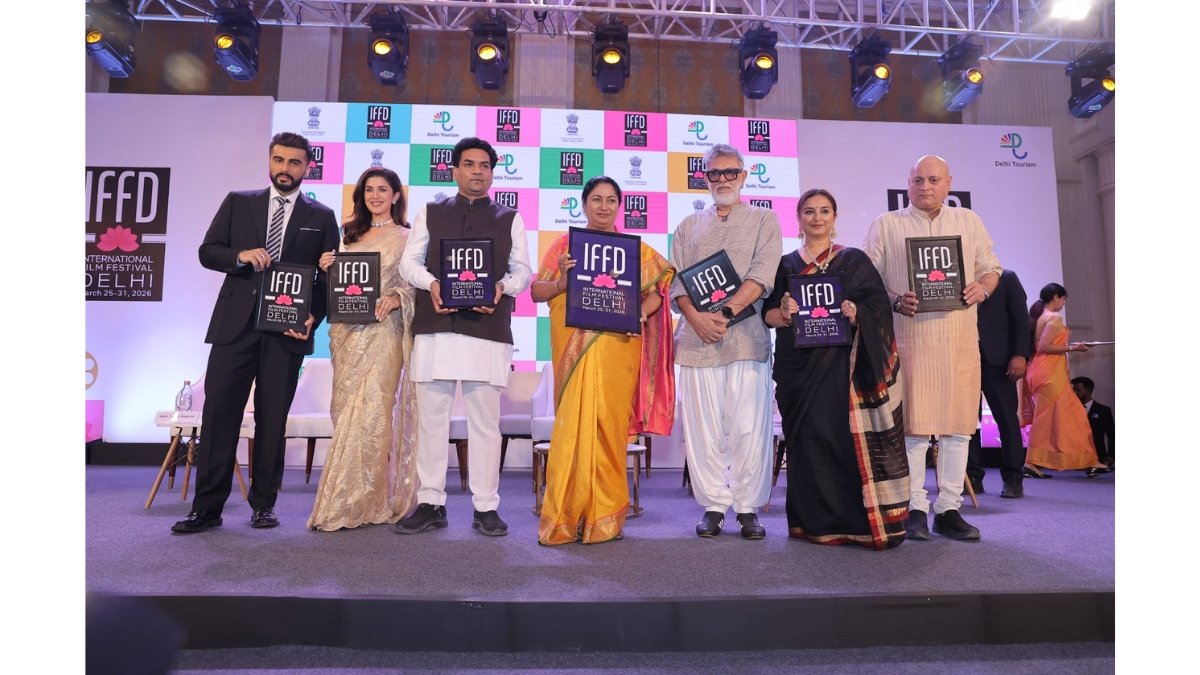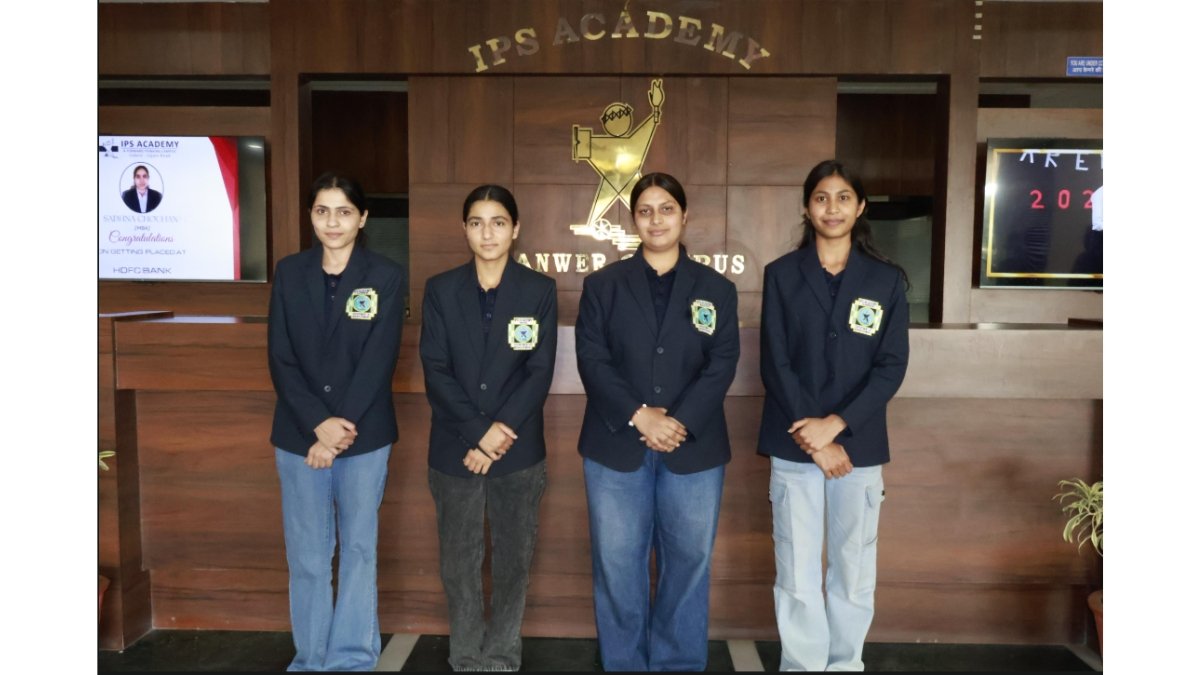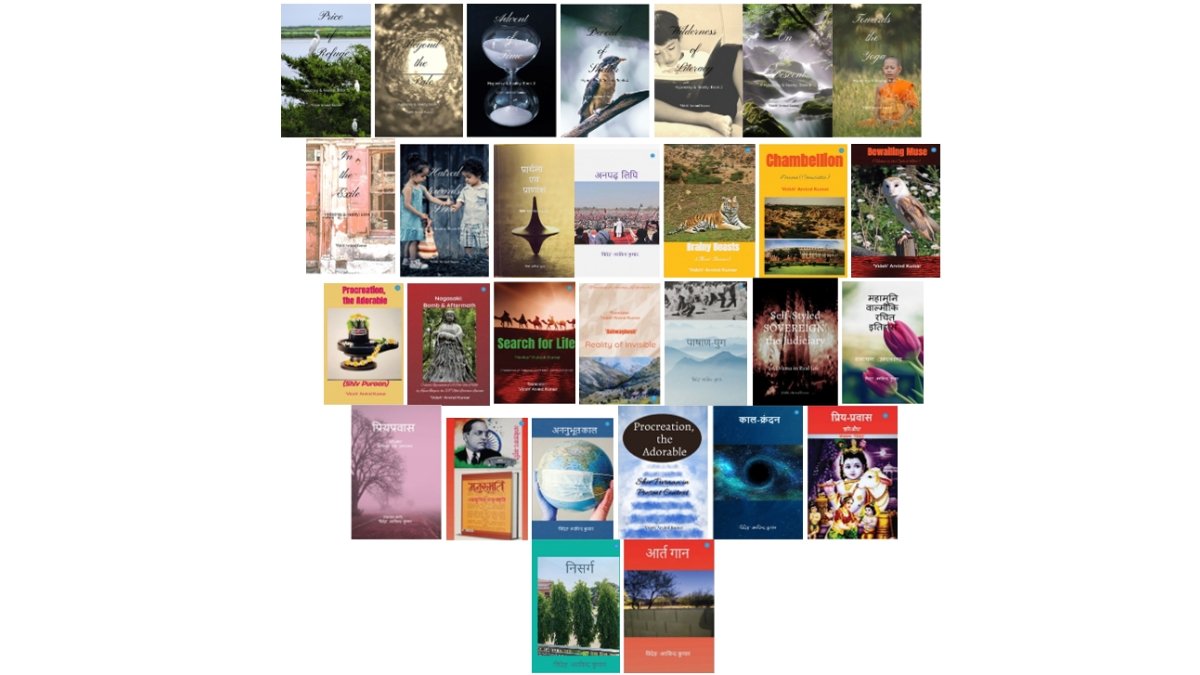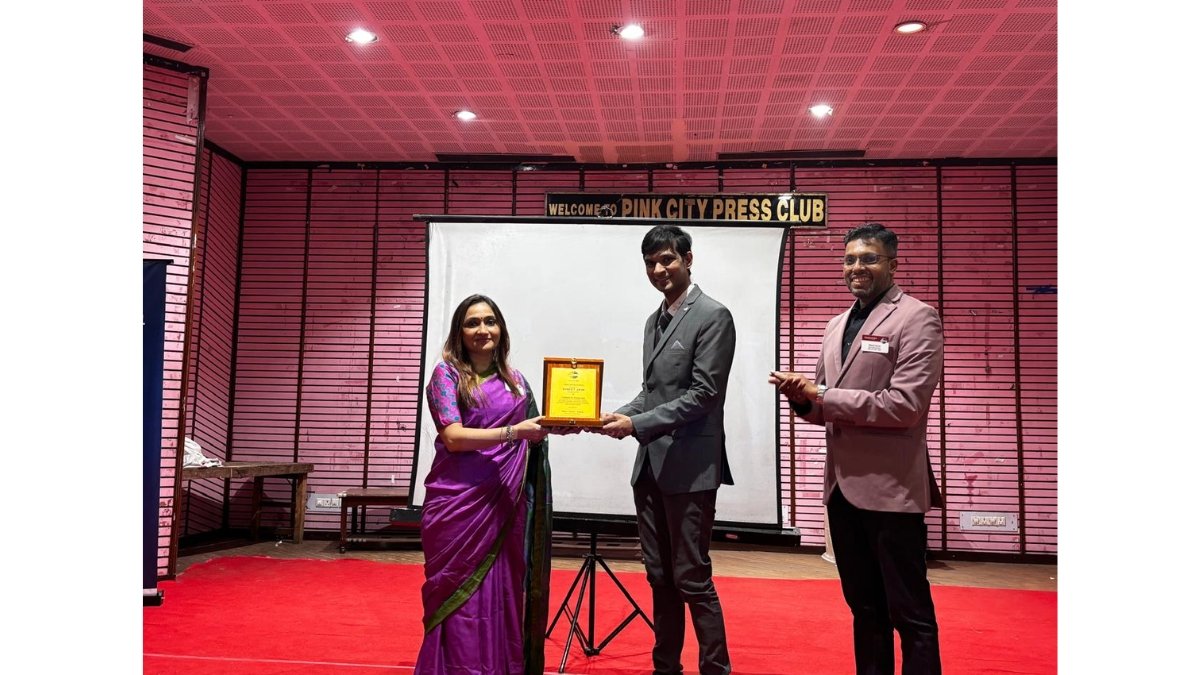How Ankit Sahni Built The Hazelnut Factory Into India’s Gourmet Café Legacy

New Delhi [India], August 22: When Ankit Sahni launched The Hazelnut Factory in 2019, his dream was far from generic. Amidst an overcrowded market littered with cookie-cut cafes offering cookie-cutter menus, Sahni had a vision of a space that would balance the warmth of Indian tradition with gourmet finesse characteristic of an international destination. In less than a couple of years, his vision is now a brand that not only reimagines the way India drinks coffee but also sweets as well.
A Café With a Story
Unlike most cafés that simply pour coffee and plate desserts, The Hazelnut Factory was built to narrate stories through flavours. Sahni’s concept was clear: a café should be an experience, not just a pitstop. Every dish, every drink, every design detail was meant to echo the promise of innovation wrapped in comfort.
This dedication is evident in the manner in which the café edits its menu. The combination of artisanal mithai with speciality coffee is not just a blending—it is a cultural handshake. Customers are enjoying a contemporary Coffee Sangria while crunching on Labon, a confection that combines the wistfulness of laddoo with the elegance of a bonbon.
Reinventing Tradition
The sweet menu has been The Hazelnut Factory’s pride. Labon, trademarked now, is the best-known offering. But there’s more. Cashew Tiramisu, Lotus Biscoff Barfi, and more innovative creations have given a new lexicon for Indian mithai. What was a home-habitual indulgence once is now finding its place on café tables, turning sweets relevant to an urban, young generation without sacrificing cultural intensity.
As another guest put it, “It’s as if my grandmother’s recipes had a Parisian chef encounter in one bite.” This harmony of memory and newness has served to differentiate the brand in a crowded marketplace.
Coffee as a Lifestyle
In the coffee department, The Hazelnut Factory is not afraid to defy convention. Rather than confining itself to cappuccinos and espressos, the café has rolled out a string of experimental drinks. The Mocha Martini combines decadence with poise, and the classic THF Frappe has developed its own cult following. The drinks are not an afterthought but works of art—made to appeal to those who view coffee as a drink as much as a way of life.
Growth With Discipline
What makes The Hazelnut Factory’s (THF) success remarkable is the discipline within the dream. Sahni has trademarked the brand’s inventions, granting them both legal protection and intellectual identity. Operational excellence, uniformity in design, and rigorous training ensure that no matter which city one visits, the warmth, flavour, and aesthetic of THF remain consistent.
Sahni often emphasises a simple truth: “People may forget the food, but they will always remember how you made them feel.” That mantra has quietly defined the way the company nurtures loyalty.
Expanding Horizons
From its humble beginnings, The Hazelnut Factory now welcomes more than two lakh guests every month across six cities. Yet, Sahni’s ambitions remain forward-looking. In the coming six months, the brand plans to expand into six additional cities, with the larger goal of achieving a pan-India footprint within three years.
But expansion, to Sahni, is not merely a matter of building up the numbers. Every new shop is an attempt to bring the same enchantment, the same blend of innovation and uniformity that characterised the original café.
Establishing a Gourmet Legacy
The success of The Hazelnut Factory shows that innovation and tradition do not have to part company with one overpowering the other. With confections like Labon and drinks like Coffee Sangria, Sahni has created a bridge between India’s heritage cuisine and cosmopolitan aspirations.
What was a personal idea in 2019 has now evolved into a gourmet legacy. The Hazelnut Factory is not simply a cafe chain; it is an indication of the possibility of creating something extraordinary through clarity of vision, consistency of standards, and belief in instincts.
For the Indian café culture, The Hazelnut Factory is a testament to the fact that discipline and creativity, when married rightly, can bear more than a brand—they can bear a movement.










